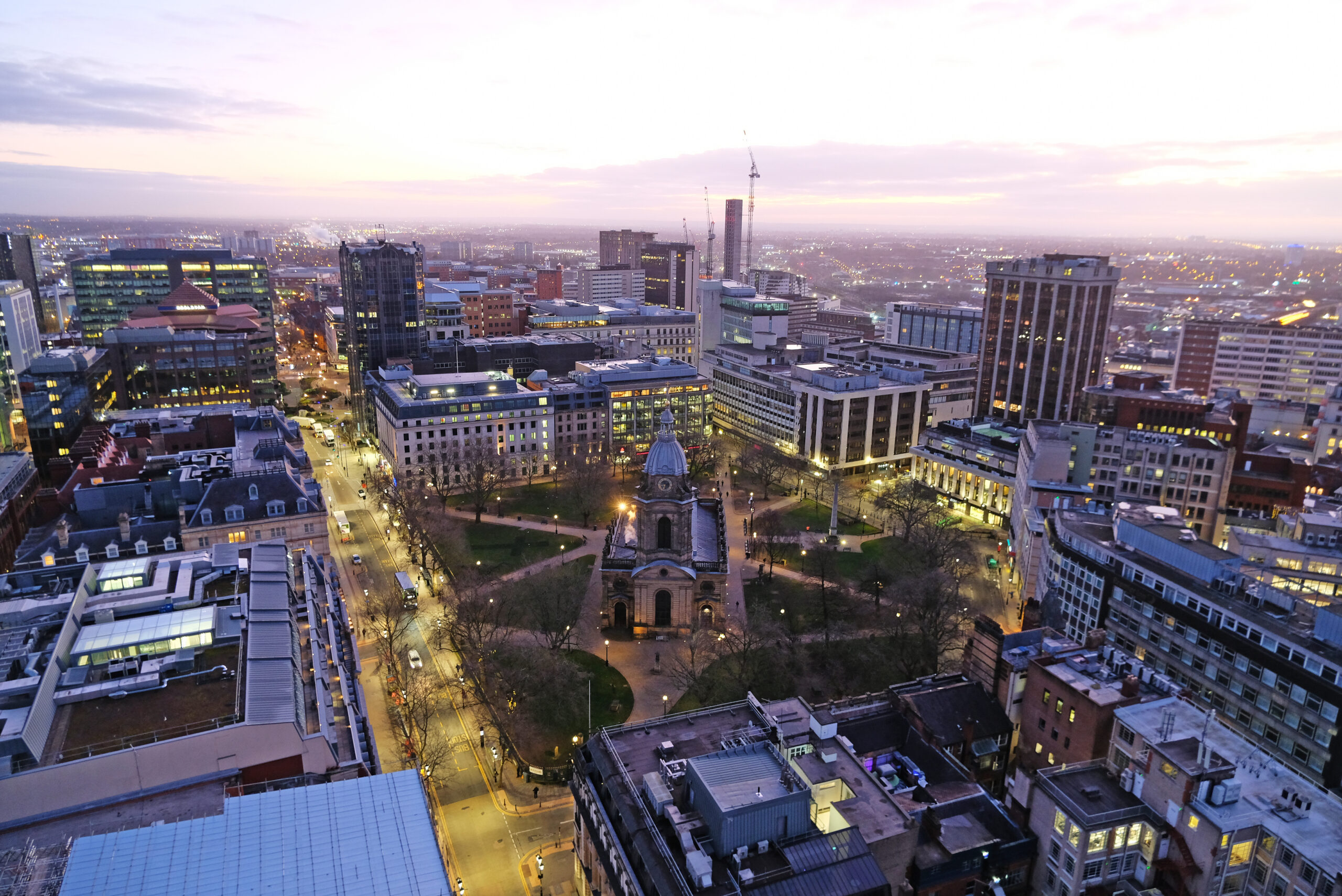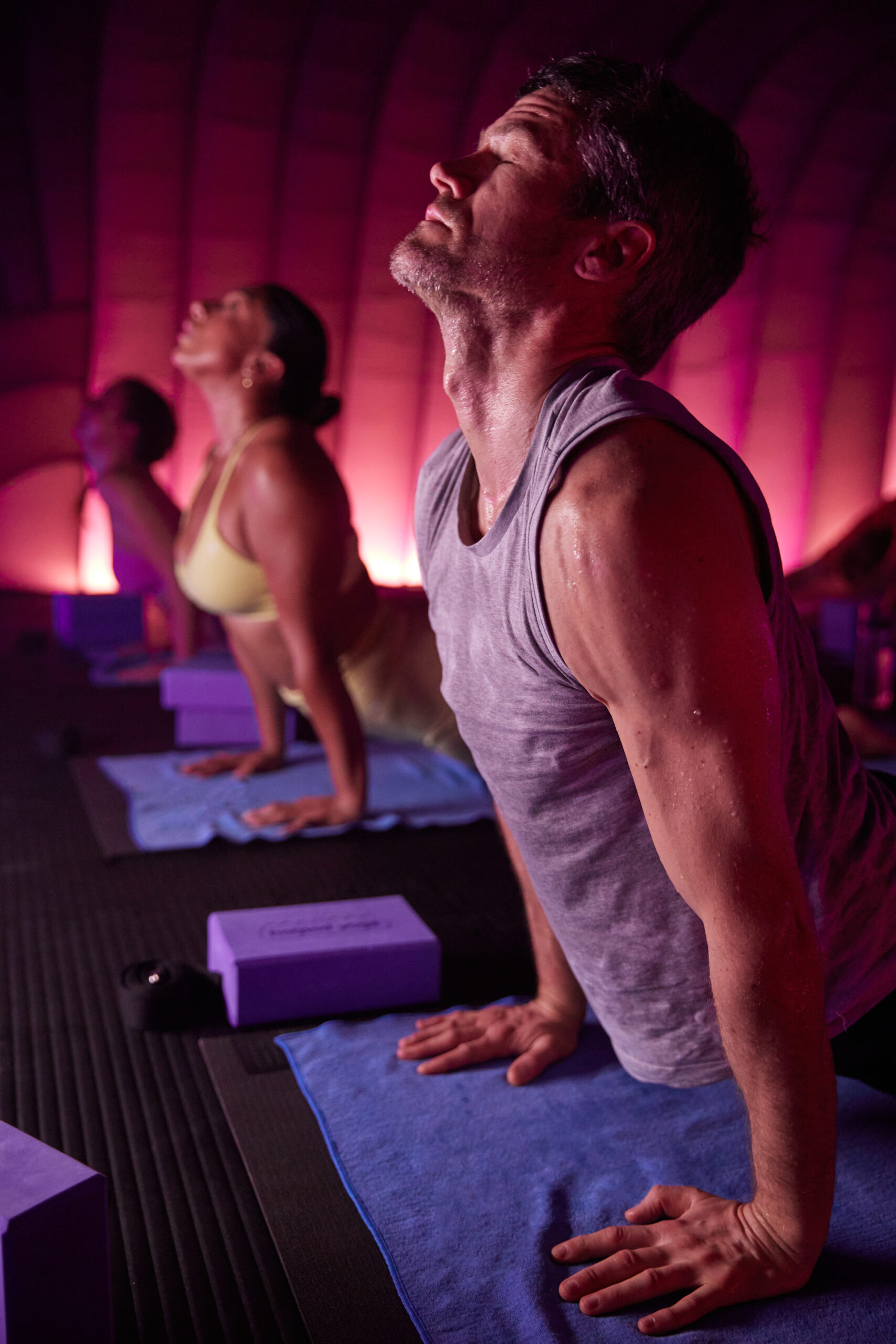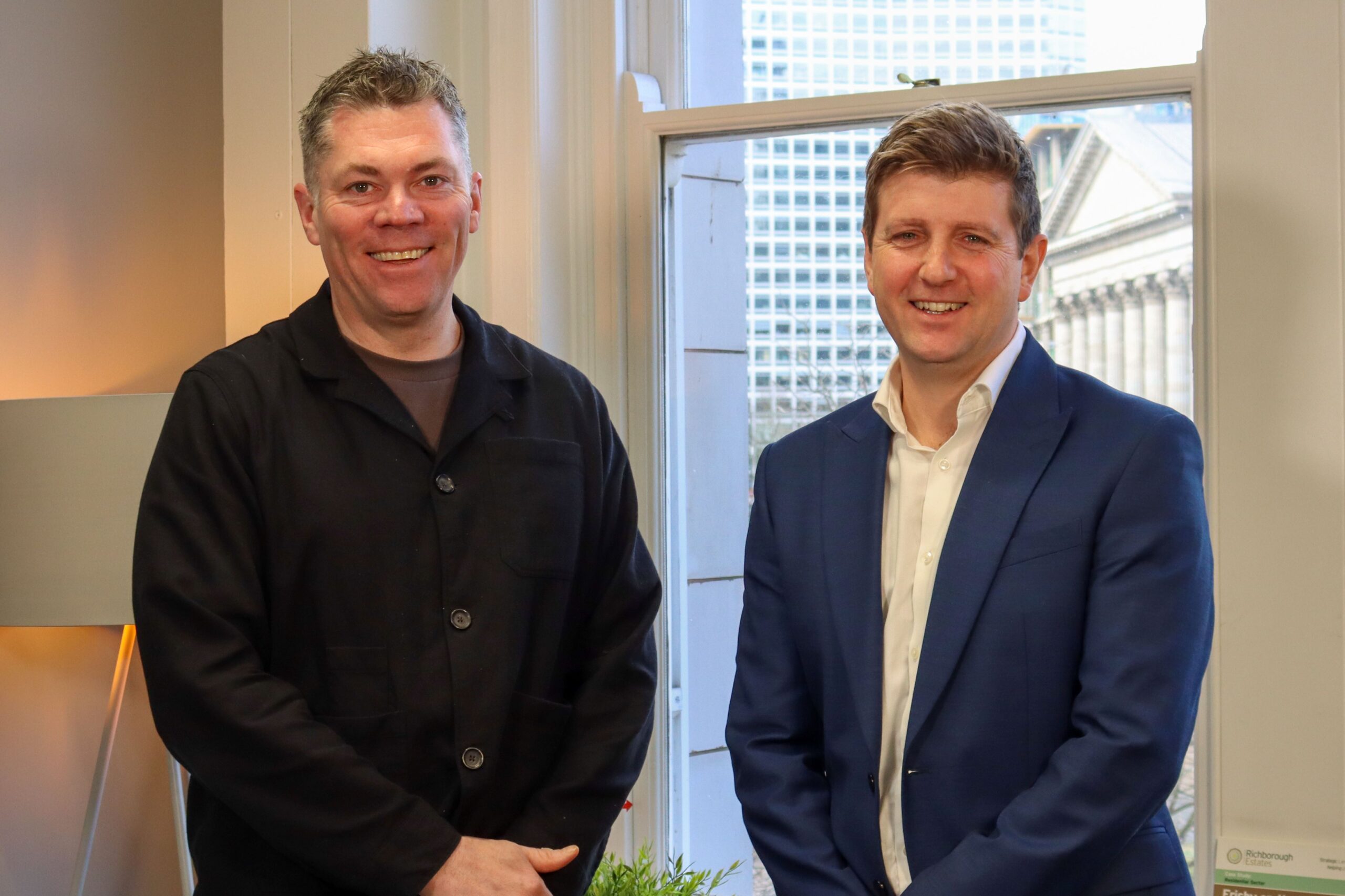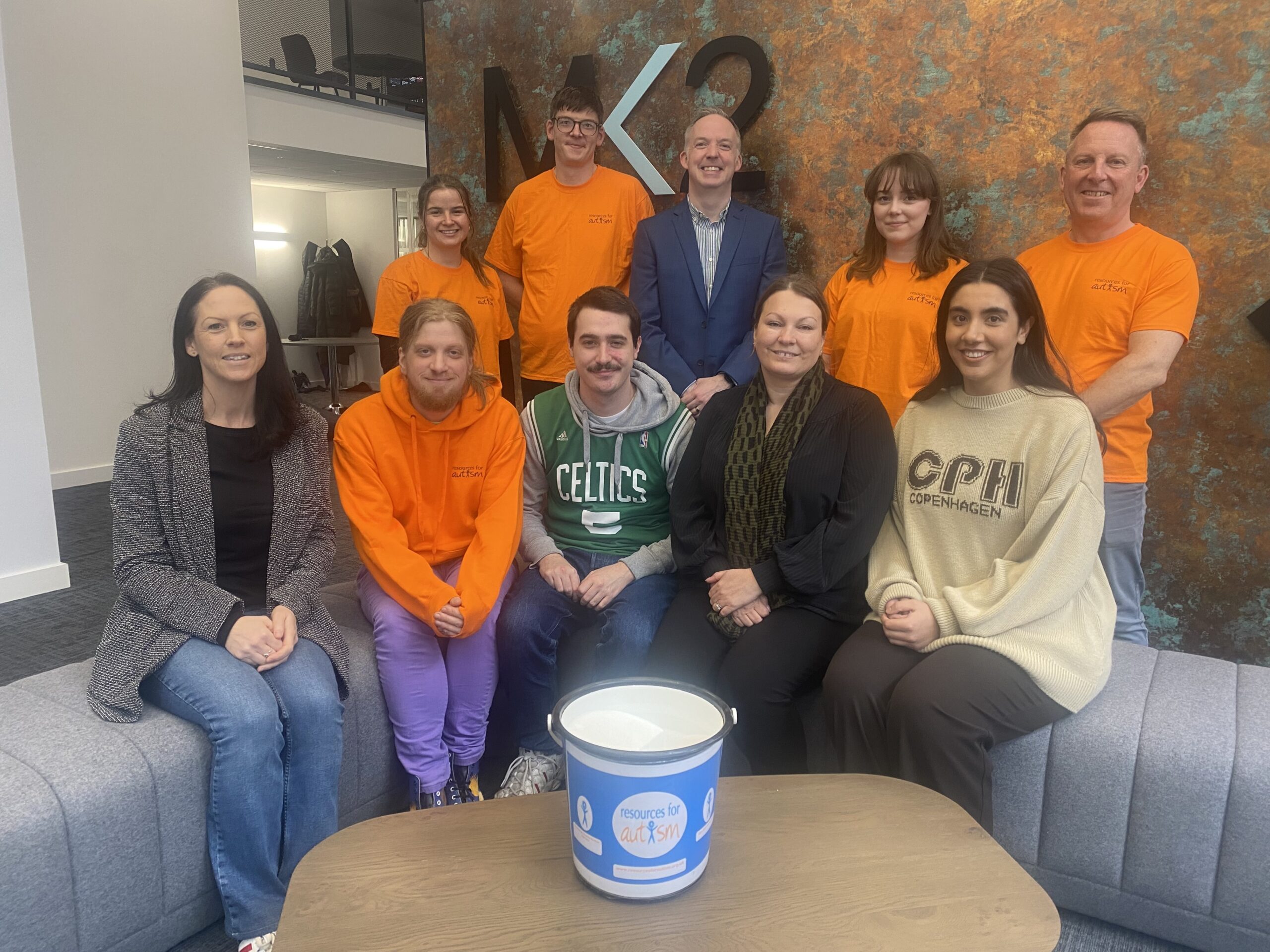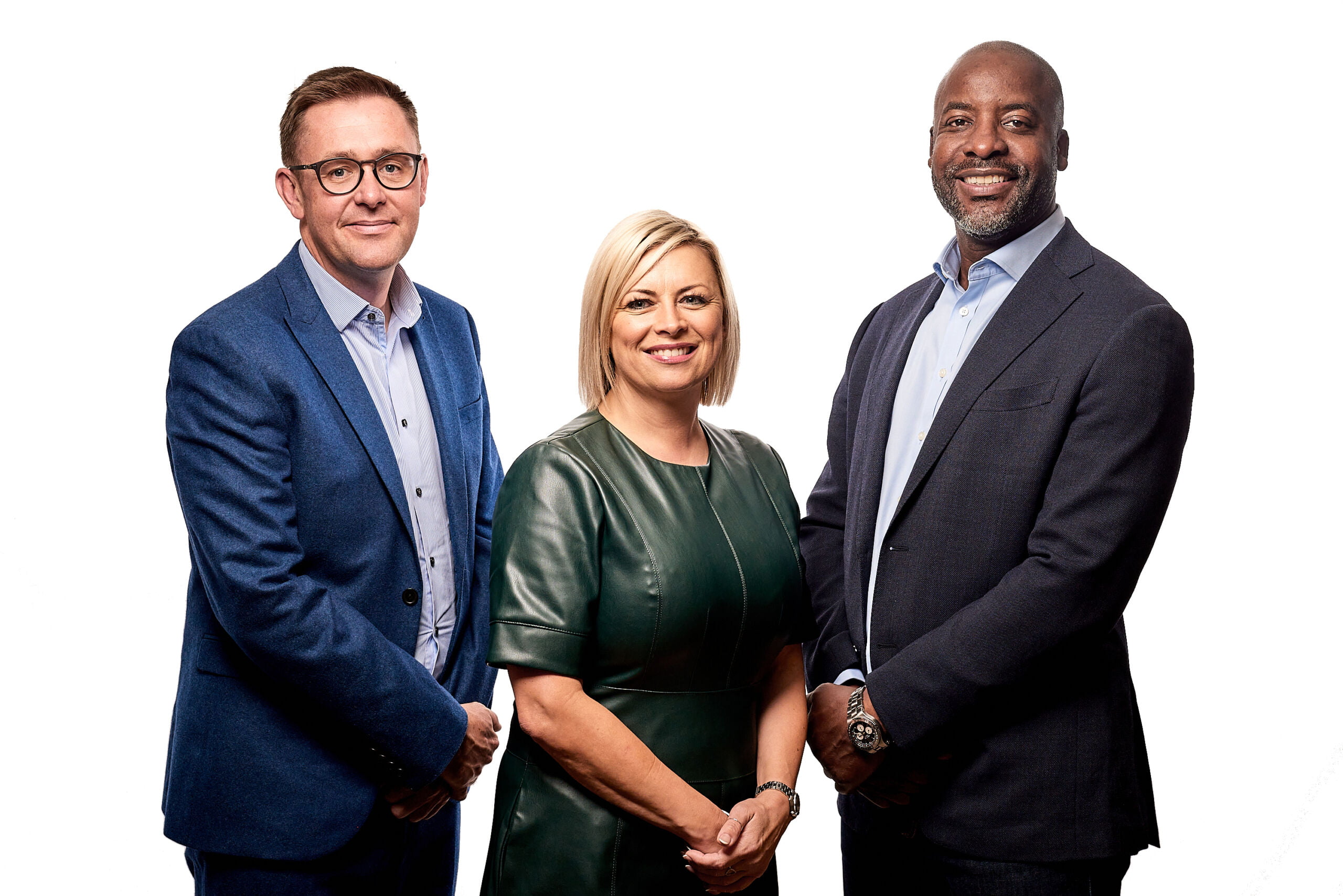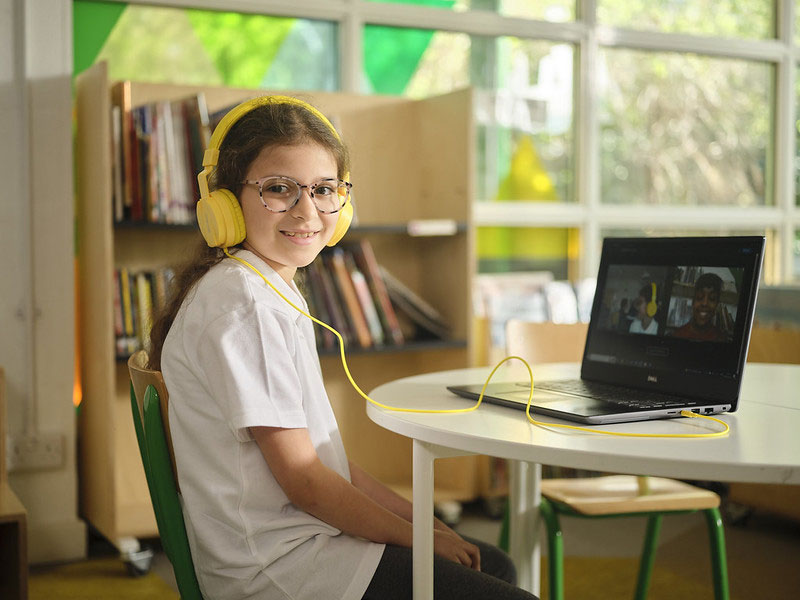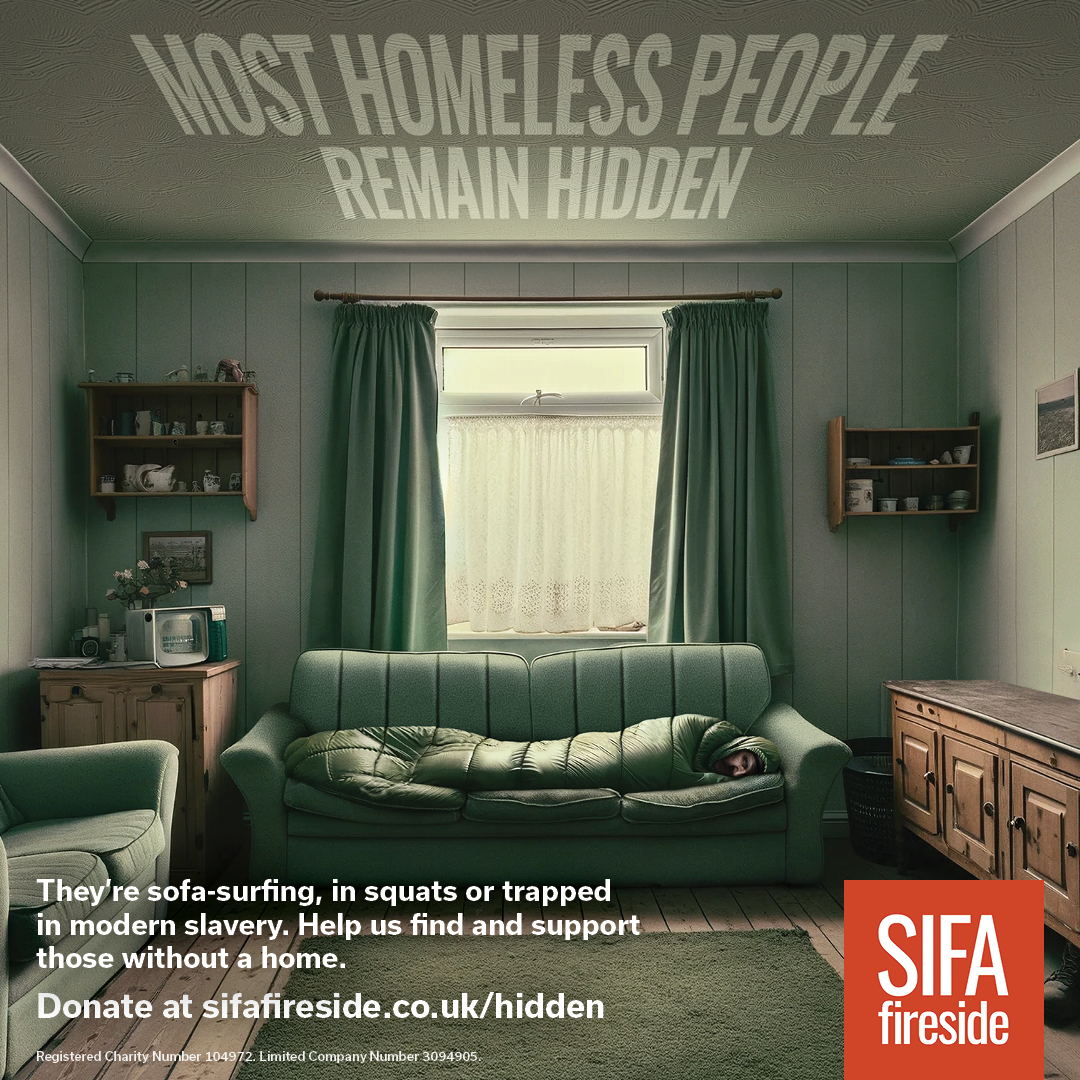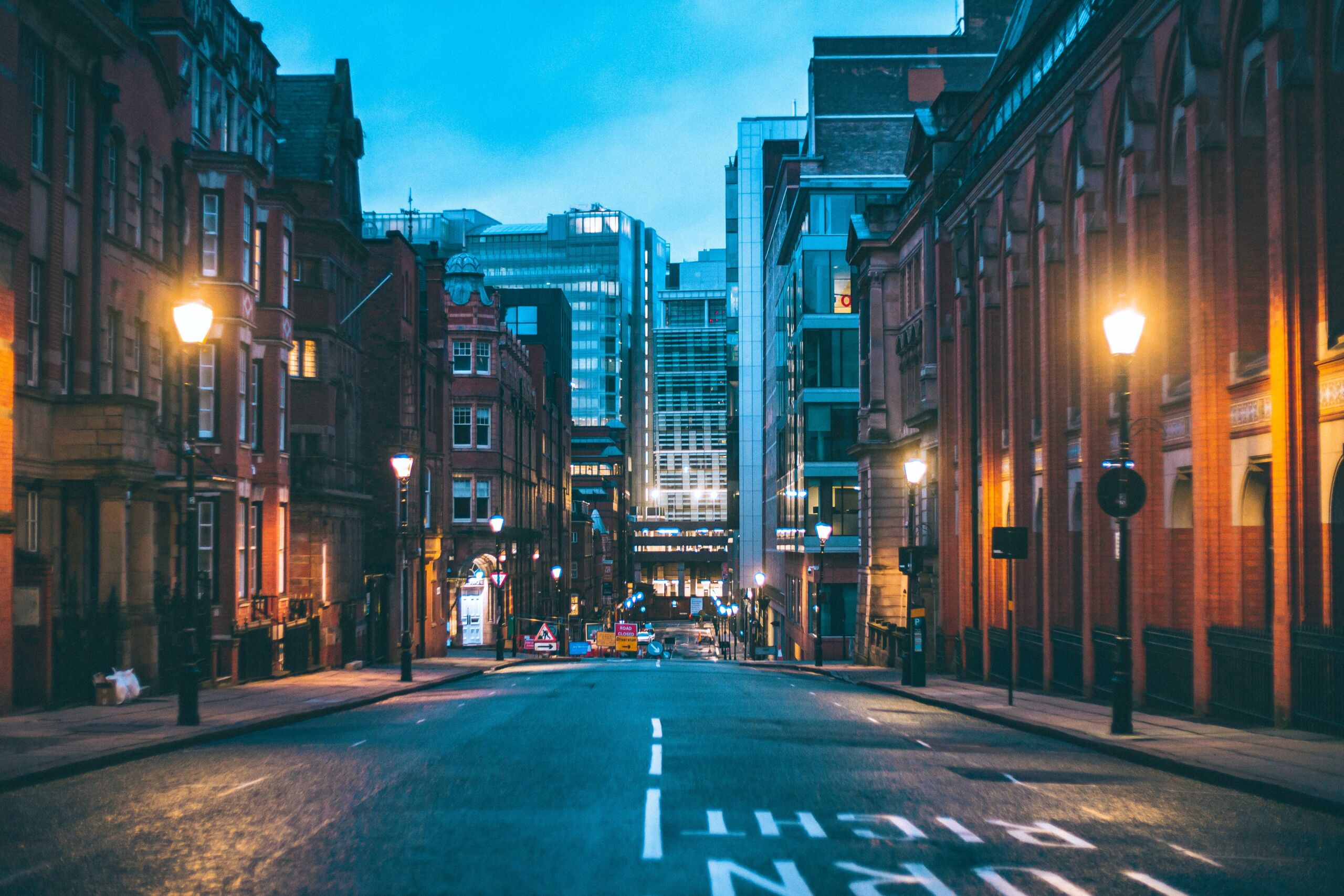New national restrictions to be introduced 5 November
31 October 2020
As the number of Covid-19 cases continues to rise in the UK, the Government has today (31 October) introduced a number of new restrictions that will come into force on 5 November, 2020.
As of publishing this article the restrictions include, but are not limited to:
Stay at home
This means you must not leave or be outside of your home except for specific purposes. These include:
- for childcare or education, where this is not provided online
- for work purposes, where your place of work remains open and where you cannot work from home (including if your job involves working in other people’s homes)
- to exercise outdoors or visit an outdoor public place – with the people you live with, with your support bubble or, when on your own, with 1 person from another household.
- for any medical concerns, reasons, appointments and emergencies, or to avoid or escape risk of injury or harm – such as domestic abuse
- shopping for basic necessities, for example food and medicine, which should be as infrequent as possible
- to visit members of your support bubble or provide care for vulnerable people, or as a volunteer
Staying safe outside the home (Social Distancing)
You should minimise time spent outside your home and when around other people ensure that you are two metres apart from anyone not in your household or support bubble.
Remember – ‘Hands. Face. Space’:
- hands – wash your hands regularly and for 20 seconds
- face – wear a face covering in indoor settings where social distancing may be difficult, and where you will come into contact with people you do not normally meet
- space – stay 2 metres apart from people you do not live with where possible, or 1 metre with extra precautions in place (such as wearing face coverings or increasing ventilation indoors)
Meeting with family and friends
You must not meet socially indoors with family or friends unless they are part of your household – meaning the people you live with – or support bubble.
A support bubble is where a household with one adult joins with another household. Households in that support bubble can still visit each other, stay overnight, and visit outdoor public places together.
You can exercise or visit outdoor public places with the people you live with, your support bubble, or 1 person from another household.
Outdoor public places include:
- parks, beaches, countryside,
- public gardens (whether or not you pay to enter them), allotments
- playgrounds
You cannot meet in a private garden.
Businesses and venues
To reduce social contact, the Government has ordered certain businesses and venues to close. These include:
- all non-essential retail, including, but not limited to clothing and electronics stores, vehicle showrooms, travel agents, betting shops, auction houses, tailors, car washes, tobacco and vape shops.
- indoor and outdoor leisure facilities such as bowling alleys, leisure centres and gyms, sports facilities including swimming pools, golf courses and driving ranges, dance studios, stables and riding centres, soft play facilities, climbing walls and climbing centres, archery and shooting ranges, water and theme parks,
- entertainment venues such as theatres, concert halls, cinemas, museums and galleries, casinos, adult gaming centres and arcades, bingo halls, bowling alleys, concert halls, zoos and other animal attractions, botanical gardens;
- personal care facilities such as hair, beauty and nail salons, tattoo parlours, spas, massage parlours, body and skin piercing services, non-medical acupuncture, and tanning salons.
Food shops, supermarkets, garden centres and certain other retailers providing essential goods and services can remain open. Essential retail should follow COVID-secure guidelines to protect customers, visitors and workers.
Non-essential retail can remain open for delivery to customers and click-and-collect.
Playgrounds can remain open.
Hospitality venues like restaurants, bars and pubs must close, but can still provide takeaway and delivery services. However, takeaway of alcohol will not be allowed.
Hotels, hostels and other accommodation should only open for those who have to travel for work purposes and for a limited number of other exemptions which will be set out in law.
A full list of the business closures will be published and set out in law.
Some venues will be allowed to remain open for specific exempt activities, like childcare and support groups. Support groups that are essential to deliver in person can continue with up to 15 participants where formally organised to provide mutual aid, therapy or any other form of support. This includes support to victims of crime, people in drug and alcohol recovery, new parents and guardians, people with long-term illnesses, people facing issues relating to their sexuality or gender, and those who have suffered bereavement.
A number of public services will also stay open and you will be able to leave home to visit them. These include:
- the NHS and medical services like GPs. We are supporting the NHS to safely carry out urgent and non-urgent services and it is vital anyone who thinks they need any kind of medical care comes forward and seeks help.
- Jobcentre Plus sites
- Courts
- Civil Registrations Offices
Going to work
To help contain the virus, everyone who can work effectively from home must do so. Where people cannot do so (for instance people who work in critical national infrastructure, construction or manufacturing) they should continue to travel to work/attend their workplace. This is essential to keeping the country operating and supporting vital sectors and employers.
Public sector employees working in essential services, including education settings, should continue to go into work . The risk of transmission can be substantially reduced if COVID-secure guidelines are followed closely. Extra consideration should be given to those people at higher risk.
Travel
You should avoid all non-essential travel by private or public transport.
Essential travel includes, but is not limited to
- essential shopping
- travelling to work where your workplace is open or you cannot work from home
- travelling to education and for caring responsibilities
- hospital GP and other medical appointments or visits where you have had an accident or are concerned about your health.
If you need to travel we encourage you to reduce the number of journeys you make, walk or cycle where possible, or to plan ahead and avoid busy times and routes on public transport. This will allow you to practise social distancing while you travel.
Overnight stays and holidays away from primary residences will not be allowed- including holidays in the UK and abroad. This includes staying in a second home, if you own one, or staying with anyone you do not live with or are in a support bubble with. There are specific exceptions, for example if you need to stay away from home (including in a second home) for work purposes.
You must not travel if you are experiencing any coronavirus symptoms, are self-isolating as a result of coronavirus symptoms, are sharing a household or support bubble with somebody with symptoms, or have been told to self-isolate after being contacted by NHS Test and Trace.
If you need to use public transport, you should follow the safer travel guidance. This includes the rules on wearing face masks and advice on car sharing.
Developments in the coronavirus pandemic remain uncertain around the world. No travel is risk-free. If you do need to travel abroad before 2 December (and are legally permitted to do so, for example, because it is for work), even if you are returning to a place you’ve visited before, you should look at the rules in place at your destination, the Foreign, Commonwealth and Development Office (FCDO) travel advice and the current travel corridor list.
For more information on the new Government Covid-19 guidelines, click here.
